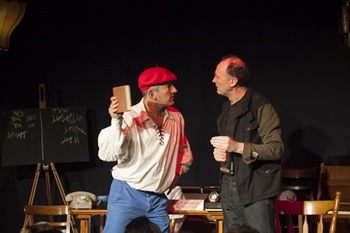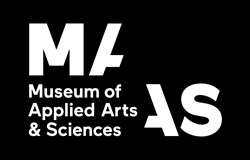When: Thursday 15th November, 8:00am – 12:45pm (including lunch)
Where: Powerhouse Museum, 500 Harris St, Ultimo
Room: Board Room and Theatrette
Purchase separately or free for conference+workshop delegates (RSVP during registration).
Register now!
For science to be understood, assimilated and further developed, it needs to be accessible through clear and concise writing. The half-day How to Write Concisely workshop shows you how to remove clutter, repetition and excess detail from your writing without sacrificing your message. The workshop includes practical exercises that allow you to work on your own project(s).
Learn how to
– Edit and critique writing to improve clarity and meaning
– Decide what detail is necessary to express an idea or topic
– Identify and fix writing that is ambiguous, unclear, repetitive and long-winded
Workshop presenter
Dr Marina Hurley, Lecturer & Consultant, Writing Clear Science
More about this workshop (PDF)
Purchase separately or free for conference+workshop delegates (RSVP during registration).
Register now!
**This is a public event. Register to save your seat!**
Share on Facebook: https://www.facebook.com/events/164514621148245/
